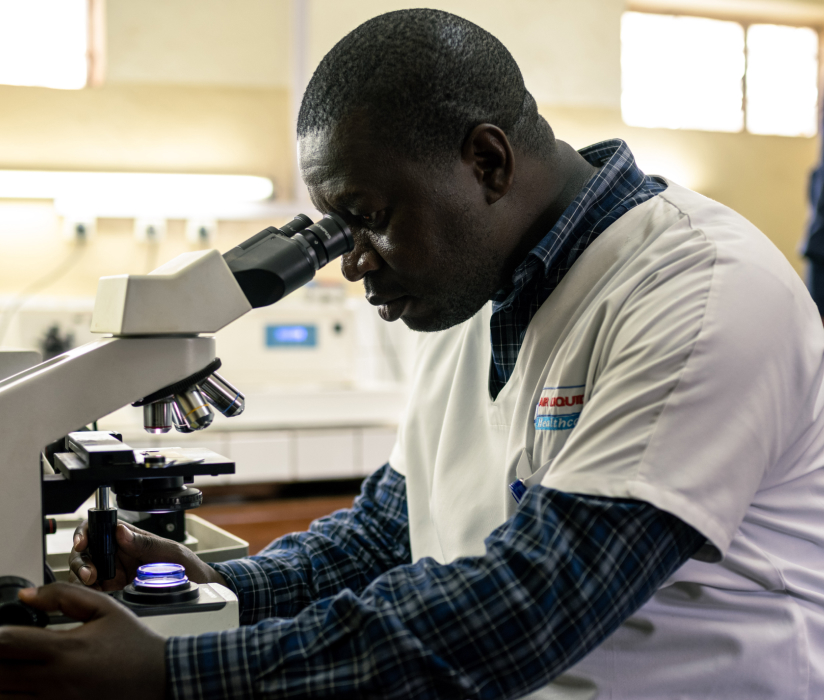
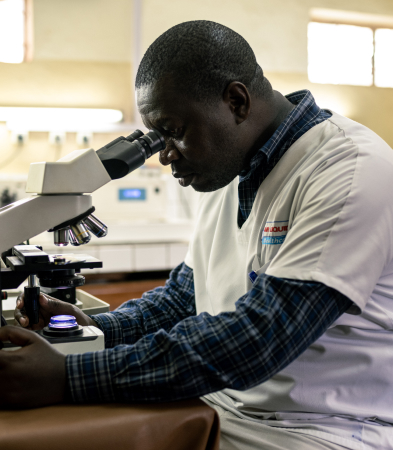
The International Center for Advanced Research and Training (ICART) is a key research and training institution in the DRC, founded in 2013 through collaborations with the Evangelical University of Africa (UEA), Panzi Hospital, and supported by the University of Michigan. ICART equips researchers and healthcare professionals with the tools to develop impactful policies that improve the lives of conflict-affected communities. By studying the experiences and challenges of war-affected populations, ICART leverages resources from the Panzi Foundation and Panzi Hospital to create practical, evidence-based solutions.
In 2020, the University of Montreal joined forces with ICART to continue its mission, particularly through the Tumaini project, which focuses on Sexual and Reproductive Health and Rights (SRHR) research and training. This project, funded by Global Affairs Canada, will run through 2027.
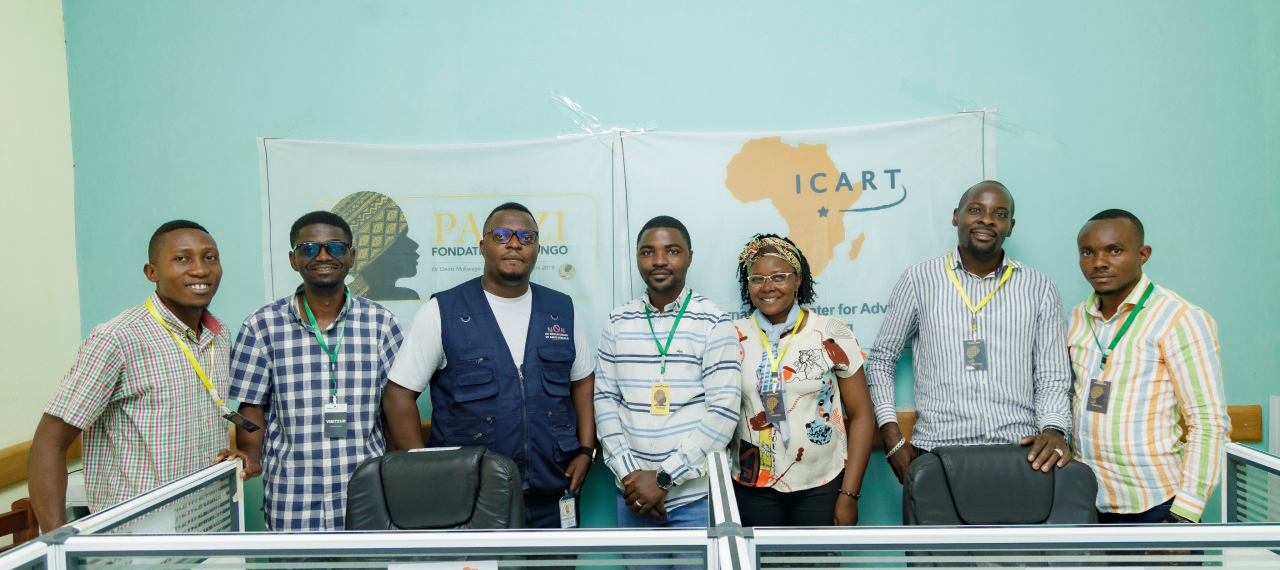
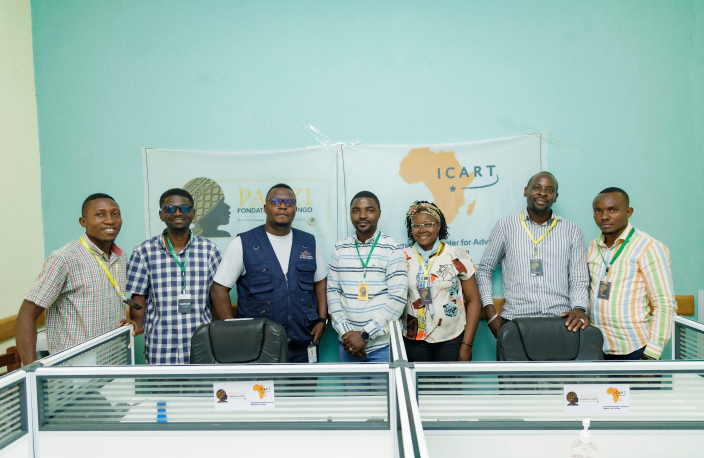
Dr. Denis Mukwege, 2018 Nobel Peace Prize laureate, founded the Panzi Foundation and its One Stop Center to support survivors of sexual and gender-based violence through a holistic model of care comprising 4 pillars of care:
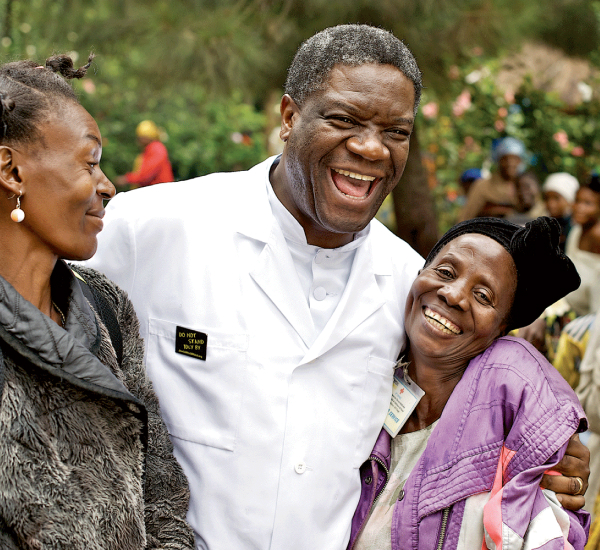
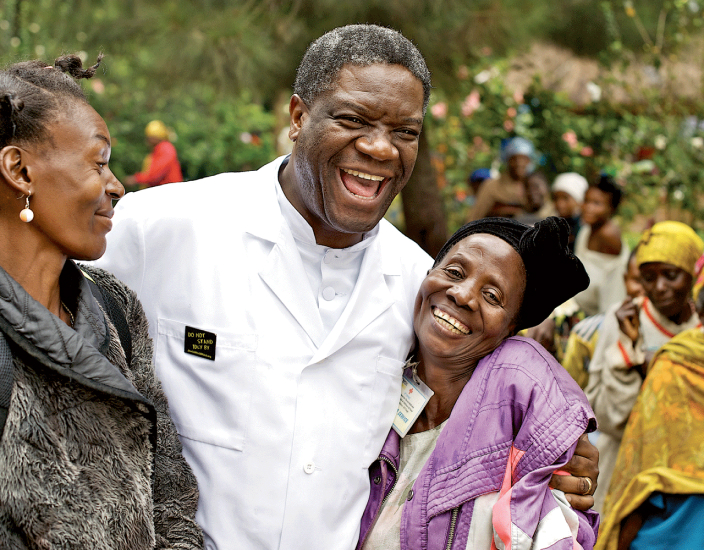
The concept for ICART was conceived when Dr. Mukwege visited the University of Michigan in 2010. Discussions during his visit initiated a collaborative effort, with the Université Évangélique en Afrique (UEA) joining as a key local partner. Since then, ICART has focused on training local researchers in:
ICART’s mission is to support excellence in research and leadership at the Panzi Foundation (FP) and Panzi Hospital as well as implementing an evidence based practice through the Panzi Foundation and Panzi Hospital. We aim to train future generations of researchers and practitioners in Sexual and Reproductive Health and Rights (SRHR), with a focus on women’s rights as essential to societal development.
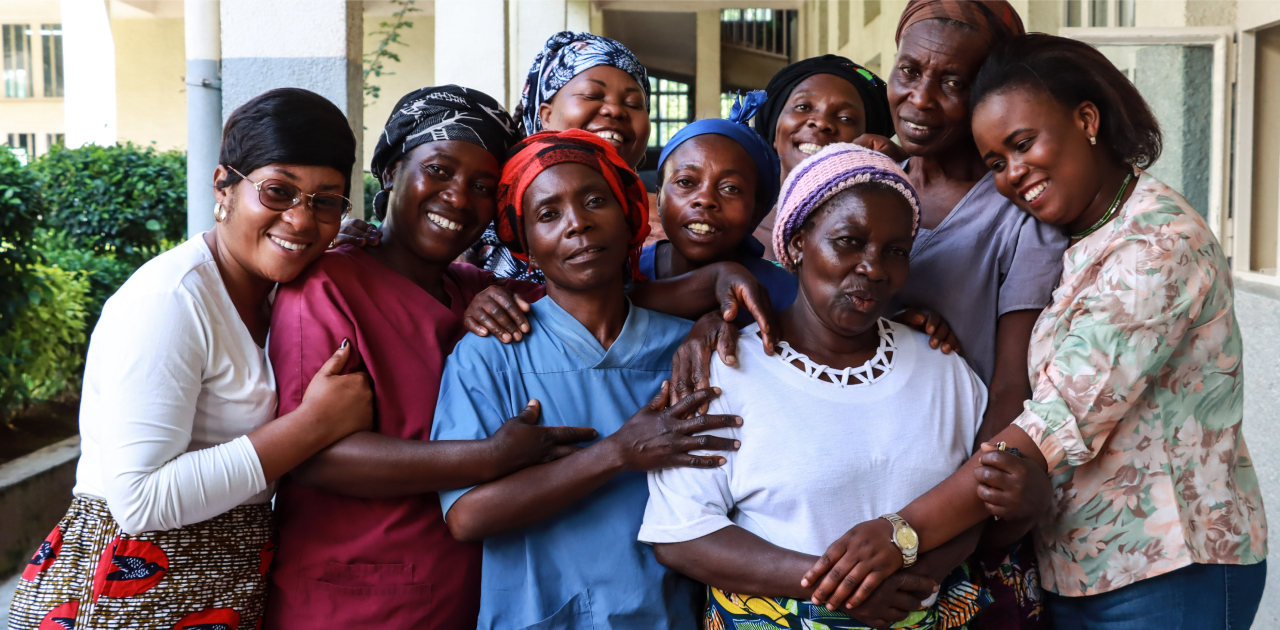
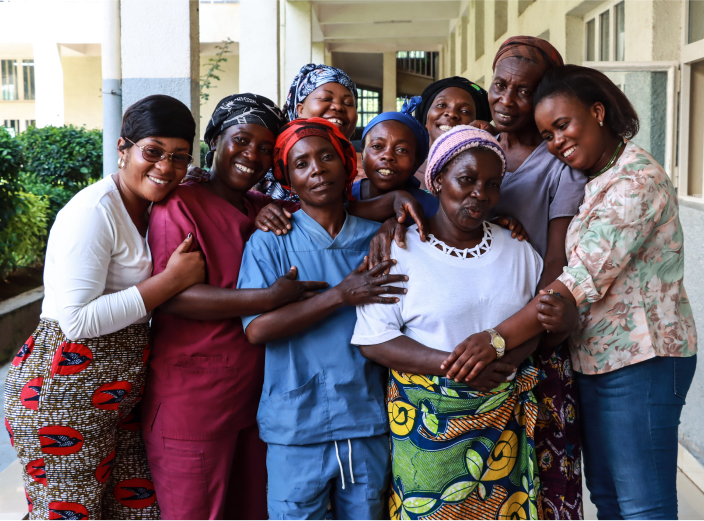
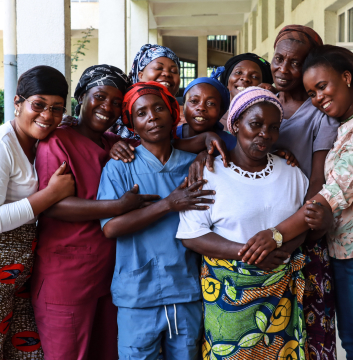
ICART enhances the research skills of local researchers by:
ICART provides continuous training for SRHR teams by:
ICART fosters partnerships between local and international researchers and trainers to strengthen global SRHR efforts.
ICART aims to be a global leader and a Center of excellence in research and training by:
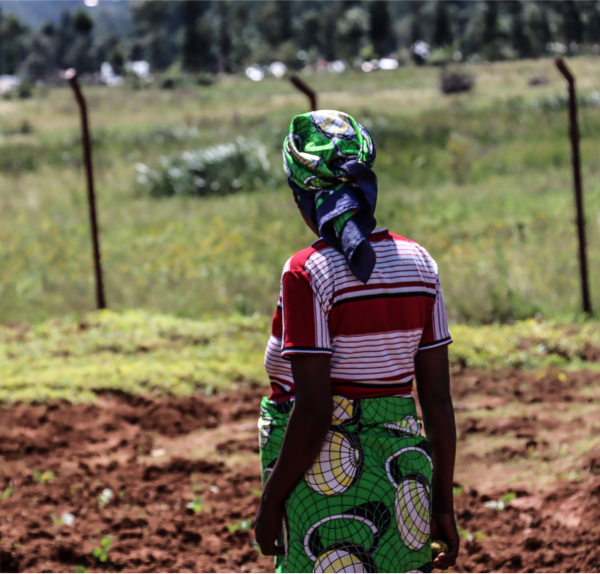
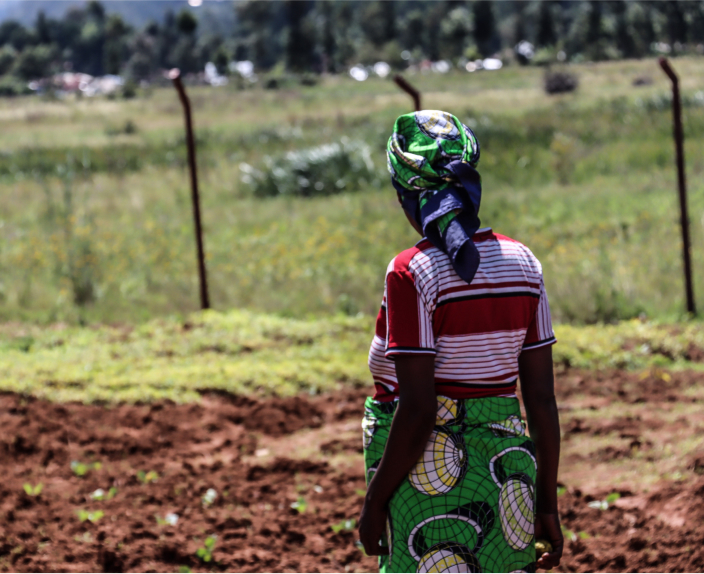
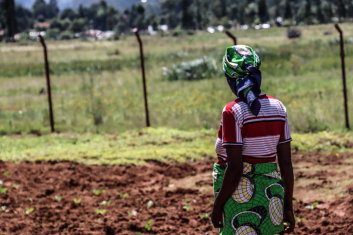

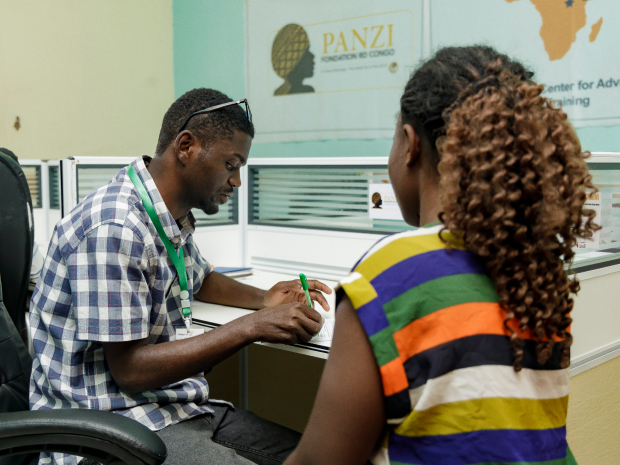
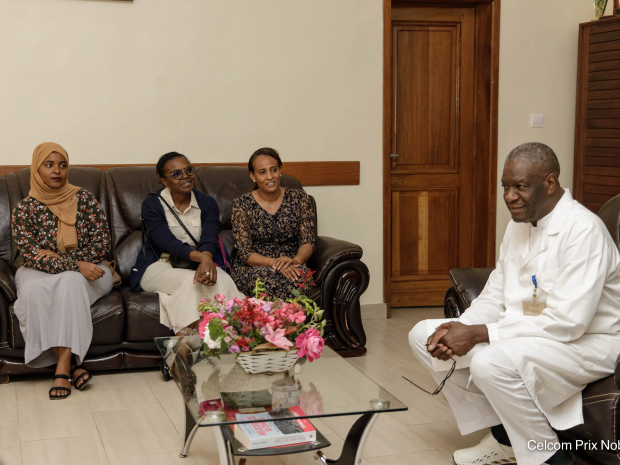
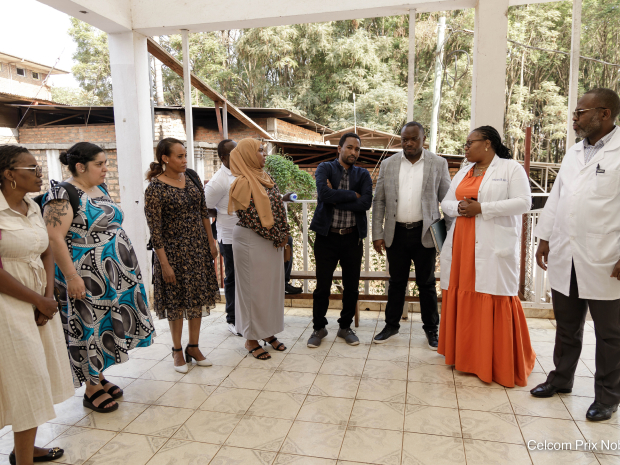
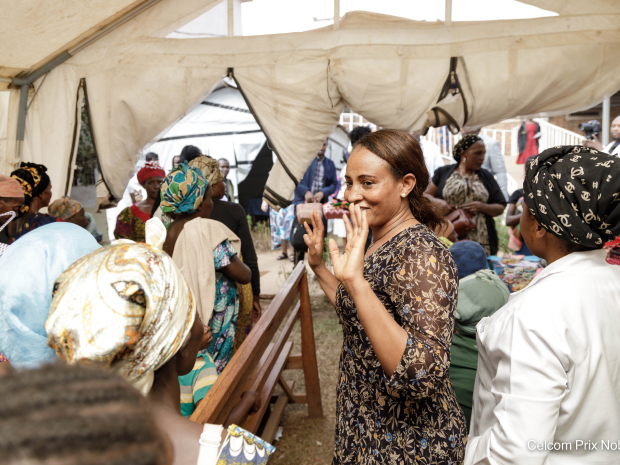
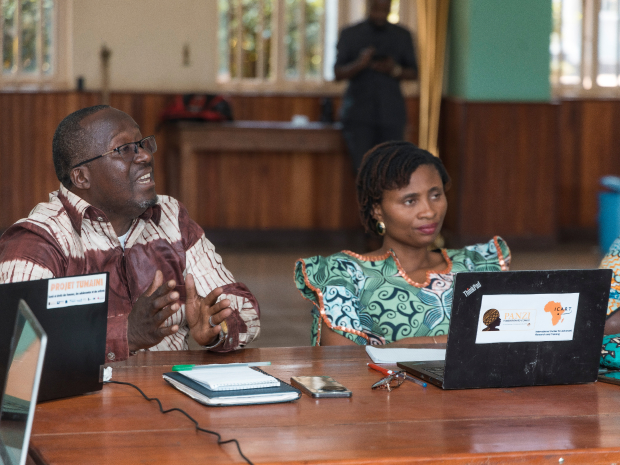
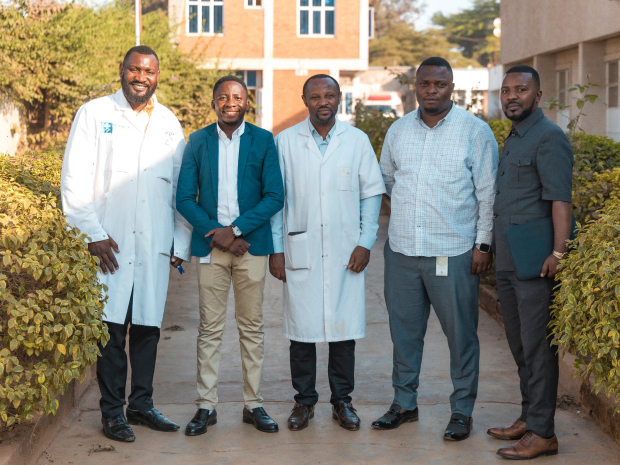
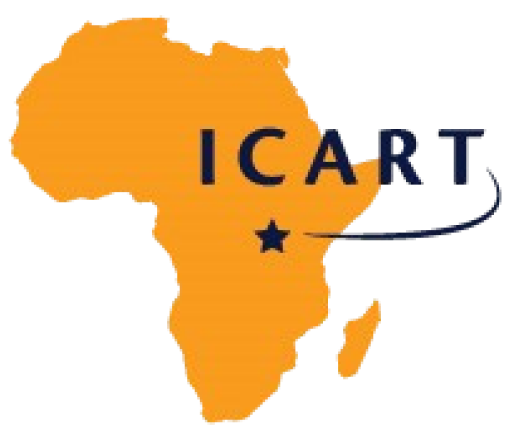

ICART is a leading research and training center in the DRC to address the enduring impact of war through a partnership between the Panzi Foundation DRC.
Visit Panzi Foundation for more more updates and resources.
All applications must provide sufficient detail to allow assessment of the project’s feasibility and relevance to Panzi and ICART. This includes data requested, research costs and professional merit.
A project’s request for access to Panzi Bank data must be detailed in a maximum of 10 pages. It must include:
Expected results:
Name and contact details of principal investigator and other investigators and staff. It is important to indicate which researcher(s) must have access to the data so that they can be granted an access account;
All research projects conducted at Panzi by international researchers must respect the following principles: